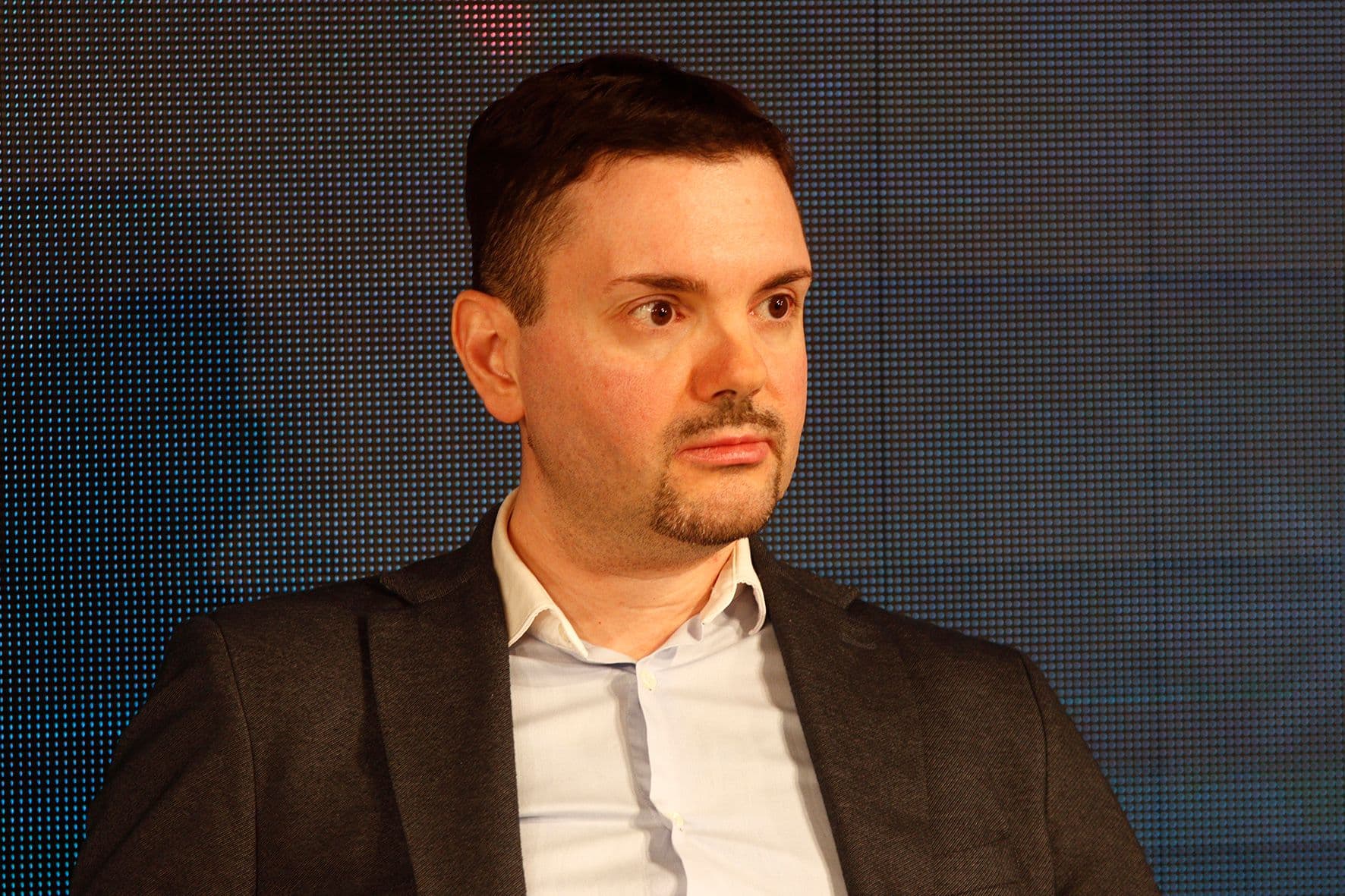Lifestyle
Historian Warns of Systematic Deterioration of Montenegro’s Institutions

Milivoj Bešlin, a prominent historian, has raised concerns over the systematic erosion of institutions in Montenegro, arguing that this deterioration poses a significant threat to the nation’s civic and cultural foundations. Speaking to Televizija E, Bešlin stated, “Institutions in Montenegro have been largely hollowed out and undermined,” emphasizing that the weakening of these structures impacts all citizens and ultimately affects their quality of life.
Bešlin elaborated on the ongoing political climate, expressing alarm at the rising tide of nationalism, clericalism, and populism. He noted that the movements orchestrated since August 30, 2020, reflect a deliberate attempt to redefine Montenegro’s political and ideological landscape. The historian characterized this shift as a push towards a “new Montenegro,” which he suggests may necessitate a significant adjustment for its citizens.
As Bešlin explained, the current regime appears to be engaged in a campaign to alter societal norms and values. He highlighted that prior to 2020, Montenegro was firmly rooted in an antifascist consensus. This consensus, he claims, is now jeopardized by historical revisionism and the rehabilitation of figures associated with wartime collaboration during World War II, particularly those linked to the Chetnik movement.
In a notable statement, Bešlin referenced the Serbian Orthodox Church’s leadership, particularly Joanikije, who has openly acknowledged engaging in historical revisionism. This, he argues, is not merely abstract but a conscious effort to dismantle the antifascist foundations upon which Montenegro is built. He warned that such actions could lead to the promotion of ideologies that have historically been linked to violence and oppression.
Bešlin’s analysis points to a critical intersection between religious influence and political power in Montenegro, asserting that the current government is heavily reliant on the church and is influenced by the regime in Belgrade. He remarked, “This government lacks the courage and will to confront these negative trends, which ultimately leads to further deterioration of the state.”
When discussing the extent of Serbia’s influence, Bešlin did not shy away from asserting that key decisions within Montenegro are often made in alignment with or under directives from Aleksandar Vučić‘s regime. He elaborated, stating that Montenegrin officials frequently align their actions with the perceived desires of the Serbian leadership, which he described as a dangerous situation.
The historian also addressed Montenegro’s aspirations for European Union membership, asserting that the EU remains strategically committed to integrating Montenegro into its fold. Bešlin noted that Montenegro is viewed as a manageable candidate for membership, primarily due to its small population and the relatively low risk of significant migration issues arising from its accession. He emphasized that public opinion surveys indicate that Montenegro’s accession would not threaten any existing EU governments.
Bešlin further argued that there is an internal necessity for Montenegro to disentangle itself from the spheres of Serbian and Russian influence. He expressed confidence that, despite the current political climate, Montenegro’s membership in the EU would bring about positive changes, even with the present government in power.
Yet, he posed critical questions about whether Montenegro could genuinely become a full-fledged EU member under the current regime, particularly in light of the ongoing historical revisionism and the troubling affiliations of some political leaders. Bešlin suggested that without substantial changes, it would be difficult to envision a scenario where Montenegro could effectively integrate into the EU framework.
As Montenegro approaches the potential completion of its EU accession process by 2028, Bešlin underscored the urgency for significant reforms within the government to ensure a viable path forward. He concluded by expressing skepticism about whether the current leadership could navigate these challenges while maintaining the integrity of Montenegro’s identity and values.
-

 Health3 months ago
Health3 months agoNeurologist Warns Excessive Use of Supplements Can Harm Brain
-

 Health3 months ago
Health3 months agoFiona Phillips’ Husband Shares Heartfelt Update on Her Alzheimer’s Journey
-

 Science2 months ago
Science2 months agoBrian Cox Addresses Claims of Alien Probe in 3I/ATLAS Discovery
-

 Science2 months ago
Science2 months agoNASA Investigates Unusual Comet 3I/ATLAS; New Findings Emerge
-

 Science1 month ago
Science1 month agoScientists Examine 3I/ATLAS: Alien Artifact or Cosmic Oddity?
-

 Entertainment5 months ago
Entertainment5 months agoKerry Katona Discusses Future Baby Plans and Brian McFadden’s Wedding
-

 Science1 month ago
Science1 month agoNASA Investigates Speedy Object 3I/ATLAS, Sparking Speculation
-

 Entertainment2 months ago
Entertainment2 months agoLewis Cope Addresses Accusations of Dance Training Advantage
-

 Entertainment4 months ago
Entertainment4 months agoEmmerdale Faces Tension as Dylan and April’s Lives Hang in the Balance
-

 World3 months ago
World3 months agoCole Palmer’s Cryptic Message to Kobbie Mainoo Following Loan Talks
-

 Science1 month ago
Science1 month agoNASA Scientists Explore Origins of 3I/ATLAS, a Fast-Moving Visitor
-

 Entertainment4 months ago
Entertainment4 months agoMajor Cast Changes at Coronation Street: Exits and Returns in 2025









